My Philosophy
Adaptive and Collaborative
The field of dog training has rapidly grown over the last few years… and it is still growing. It has become diversified and opinionated and disappointingly, there is not a balance between science and emotion. There are a few elements of dog training, philosophies and righteousness that I find disturbing:
1. The need to label rather than describe.
It begins with the professionals in our industry and has trickled down to the pet owners leaving them perplexed and often frustrated to be able to understand why their dogs are doing the things they do. Rather than describing their behavior in the moment, and seeking to alter a change in the emotional wellbeing of the dog, people tend to label dogs as an "aggressive dog", "fearful dog", "anxious dog", or "dominant dog", which is an unfair approach to both the dog and their human counterpart in most cases. Labeling forces compartmentalization, and stigmatizes the dog as "permanently" aggressive, fearful, anxious, etc.
2. Using theories as identities.
Our industry is being torn apart by our fear of acceptance, threat of liability and pressure to be politically correct. The lack of science, experience, and professionalism has created a desperate need for dog trainers to be superior and competitive through identity. There are trainers who will refer to themselves as Positive Dog Trainers, trainers who claim to use no forms of force, and negative consequences are gentle and kind. A more recent and emerging classification, quite trendy these days are the Force Free Trainers; their claims are never to use the word “no” or sounds that have negative connotations of any kind including any form of consequences that are corrections by nature (positive or negative). The opposite extreme of them are classified as Yank and Crank trainers, often using aversive or pain inflicting methods. Comparatively, the ones who fall in-between refer to themselves as more balanced trainers… still left open to reason and interpretation.
3. Contradiction of identities and influx of emotion.
The reality is, we do the same with children. Our society has imposed so much fear onto us that we find it a struggle to effectively discipline, instill good manners and etiquette, and raise responsible, social, eloquent children with respect for others’ space, morals, ethics and identities. As a result, we see in our children an inability to display good sportsmanship, drive, respect, be polite, selflessness…
Rather than developing a sociability skillset at a young age, we are faced with the challenges of reality in our adult life, and find ourselves inadequately and improperly equipped. The same is occurring in the lives of our dogs. Puppies are rarely setup to equip themselves with the tools and skillsets they will need to handle life as an adult dog. The shift in lifestyle is an overnight change in the dog’s mind, and he/she does everything in his/her power to cope and adapt… but finds himself/herself limited to the power of practice.
Dogs needs, lifelong. I don’t bribe, I don’t ignore, I will not. I don’t cause pain, I don’t damage trust. My philosophy is to:
Build a relationship with the dog
Create off leash opportunities for the dog to be a dog
Play by the rules from the beginning, and play fairly to create predictable action patterns
Build confidence and instill desirable coping and tolerance
Use the environment to my advantage as much as possible, and let the dog learn for itself… through antecedent arrangements and habituation.
Live • Learn • Love • Lifelong



